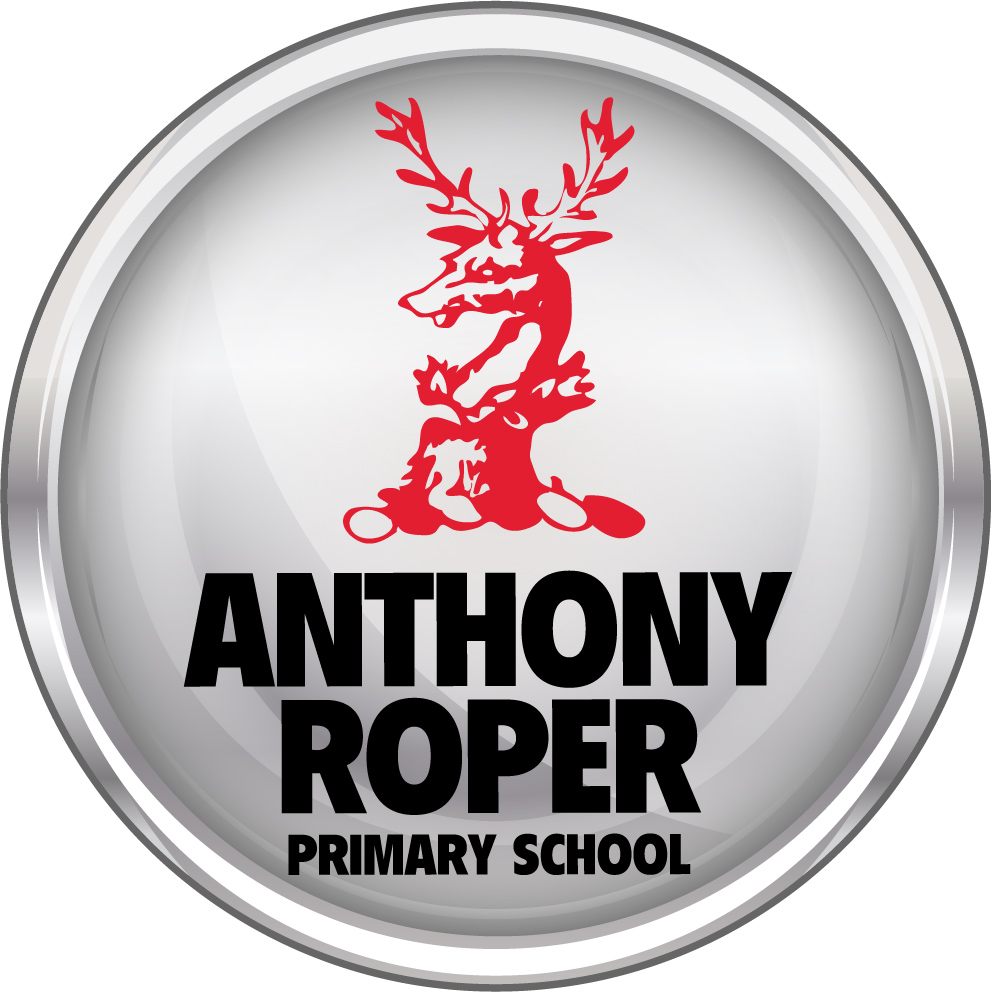Reading (inc. Phonics)
Intent
Our overarching aim for children's Reading is to develop their love of literature through widespread reading for enjoyment. The National Curriculum for English aims to ensure that all pupils:
- read easily, fluently and with good understanding;
- develop the habit of reading widely and often, for both pleasure and information;
- acquire a wide vocabulary, an understanding of grammar and knowledge of linguistic conventions for reading, writing and spoken language;
- appreciate our rich and varied literary heritage.
Implementation
At Anthony Roper, we know that reading is crucial for all learning, from the reading of Maths word problems to research texts in History, and it is at the heart of our curriculum. We promote high standards of language and literacy by equipping pupils with a strong command of the spoken and written word, and to develop a real love of literature through widespread reading for enjoyment. The essential skills for reading are taught explicitly during daily English lessons and reading sessions as well as finding them threaded throughout our curriculum. The Reading journey starts with Read Write Inc., our validated phonics scheme.

All children are taught through a mixture of individual, shared, guided and whole-class reading sessions. Children will develop their reading fluency and their ability to respond to texts in a variety of ways and the way we teach reading is tailored to meet all the children’s needs and abilities. A range of appropriate strategies will be used by our teachers to identify and support each child’s next steps.
At Anthony Roper, we have a systematic approach to reading, which endeavours to ensure that all children make sufficient, or above, progress across their time in our care. We follow the National Curriculum programme of study, to ensure that the children are achieving attainment relevant to their appropriate age, but we do not believe in putting a ceiling on a child’s ability and therefore always strive to challenge children to achieve the best that they possibly can.
Impact
The impact of Reading success in our school is measured through the following:
- Pupils will be able to decode and recognise enough sight words at the end of their Key Stage 1 programme of study to be able to read a text confidently and fluently at their level.
- Pupils of all abilities will be able to succeed in all reading lessons.
- Pupils will enjoy reading across a range of genres.
- Once children have progressed through our chosen SSP programme (Read Write Inc.), pupils will use a range of strategies for decoding words, not solely relying on phonics.
- Pupils will have a good knowledge of a range of authors.
- Pupils will be ready to read in any subject in their forthcoming secondary education.
- Parents and carers will have a good understanding of how they can support reading at home, and contribute regularly to home-school records.
What the teaching of Reading looks like in Anthony Roper Primary School:
In reception, all children will:
-
Have daily RWI lessons tailored to their ability/individual needs. This is assessed every 6–8 weeks.
-
Read storybooks and non-fiction books closely matched to their developing phonics knowledge as well as taking home a RWI book they have been reading during their RWI lesson to promote fluency of reading.
-
Have access to a classroom reading space that is inviting for them to sit and read or share books with others.
-
Read with an adult at least once a week.
-
Have Tests on high frequency words every week.
-
Be part of a RWI one-to-one tutoring session, for those children who are failing to make progress in phonics.
-
Have access to ‘The reading cabin’ on the playground twice a week during lunchtime play. They are encouraged to read for pleasure from the vast array of texts on offer.
-
Be taken to the library once a week to encourage reading for pleasure.
In Year 1 and Year 2 all children will:
-
Have daily Read Write Inc. Phonics lessons which are tailored to their ability/individual needs. This is monitored and assessed every 6-8 weeks and children are placed into ability groups.
-
Take part in 4 x weekly Power of Reading lessons.
-
Read storybooks and non-fiction books closely matched to their developing phonics knowledge,
-
Take home a RWI book they have been reading during the week which is closely matched to their phonics ability.
-
Have access to a reading space in their classroom, as well as access to a well-stocked school library.
-
Read weekly with an adult (teacher, TA, trained parent helper).
-
Receive one to one RWI sessions for those in the lowest 25%.
-
Have access to ‘The reading cabin’ on the playground twice a week during lunchtime play. They are encouraged to read for pleasure from the vast array of texts on offer.
-
Be taken to the library once a week to encourage reading for pleasure.
In Year 3 to Year 6, all children will:
-
Have timetabled reading VIPERS sessions
-
Have access to reading spaces in their classroom, as well as access to a well-stocked school library.
-
Children arriving in KS2 having not passed the Phonics Screening are then tracked by the phonics leaders, 1-1 RWI tutoring will be in place, and they are assessed every 6-8 weeks with KS1 children.
-
Children on low reading levels are given 1-1 regular reading and interventions such as Lexia and RWI one to one tutoring.
-
Visit our library regularly to encourage reading for pleasure.
